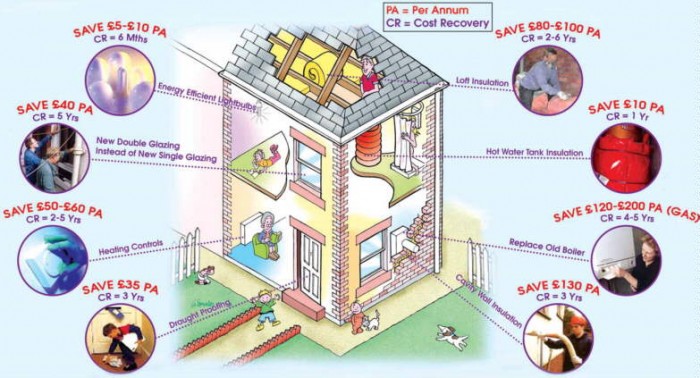In the year 2013, UK accepted the Energy Act as part of the Electricity Market Reform (EMR) programme. EMR is specifically designed to deliver the first step of change towards a low carbon energy system by 2050. The reform promotes renewables and new nuclear through Contracts for Difference.
The Key Elements of this Programme Include:
-
Support for low carbon generation through Contracts for Difference – a form of feed in premium
-
An Emissions Performance Standard set at 450g CO2/kWh –preventing new unabated coal plants and a capacity market.
The UK has also introduced a carbon price floor in addition to the existing EU Emission Trading System (ETS).
Energy Trends and Energy Prices in the UK
Energy trends covers statistics on energy production and consumption, in total and by fuel, and provides an analysis of the year on year changes. On the other hand, energy prices cover prices to domestic and industrial consumers, prices of oil products and comparisons of international fuel prices. Here are some of the key energy trends and prices related information, published by Department of Energy and Climate Change:

-
In the year 2015, the overall energy production was 9.5% higher than in 2014. This increase is the result of rise in output from oil, gas, bio-energy and primary electricity.
-
The overall primary energy consumption for energy uses increased by 0.5% in the year 2015
-
The final energy consumption is recorded as 1.9% higher than in 2014, with a rise in the domestic, transport and services sector.
-
The low carbon electricity’s share of generation rose from 37.9% in 2014 to a record high of 45.5% in 2015.
-
When looking at the electricity generation in the first quarter of 2016, gas accounted for 37.8% and coal accounted for 15.8%. Nuclear generation accounted for 18.7 per cent of total electricity generated in the first quarter of 2016.
Nowadays, there are a number of energy suppliers in the UK that provide outstanding cost savings tips on energy usage. E.ON is one such energy supplier that supplies electricity and gas to more than 5 million domestic, small and medium-sized business customers throughout the United Kingdom. They provide ultra-modern and innovative energy services and technologies specifically designed to meet their customers’ needs. Further, their tariffs are available for both home and business users.
It is vital for everyone to make an attempt to decrease the energy consumption, not only to save money, but also to reduce the release of harmful greenhouse gases. At E.ON, they do have plans to create a lot more renewable energy than they are currently, and they have built a number of Combined Heat and Power (CHP) plants. One can use the EON Contact Number to discuss a variety of ways to save money and be more ‘energy efficient’ by speaking directly to their advisor.



